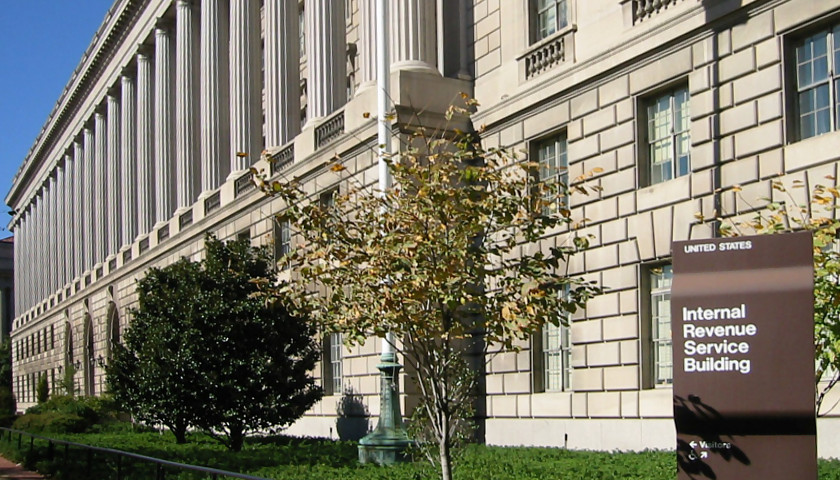The sweeping Trump-era tax cuts in the Tax Cuts and Jobs Act of 2017 are set to expire next year, setting up the tax debate as a potentially key political issue this election year.
While illegal immigration and inflation top Americans’ list of concerns, both parties are increasingly talking about the Trump-era tax cuts, which President Joe Biden has said he will allow to expire next year.
Read More




